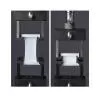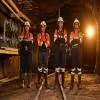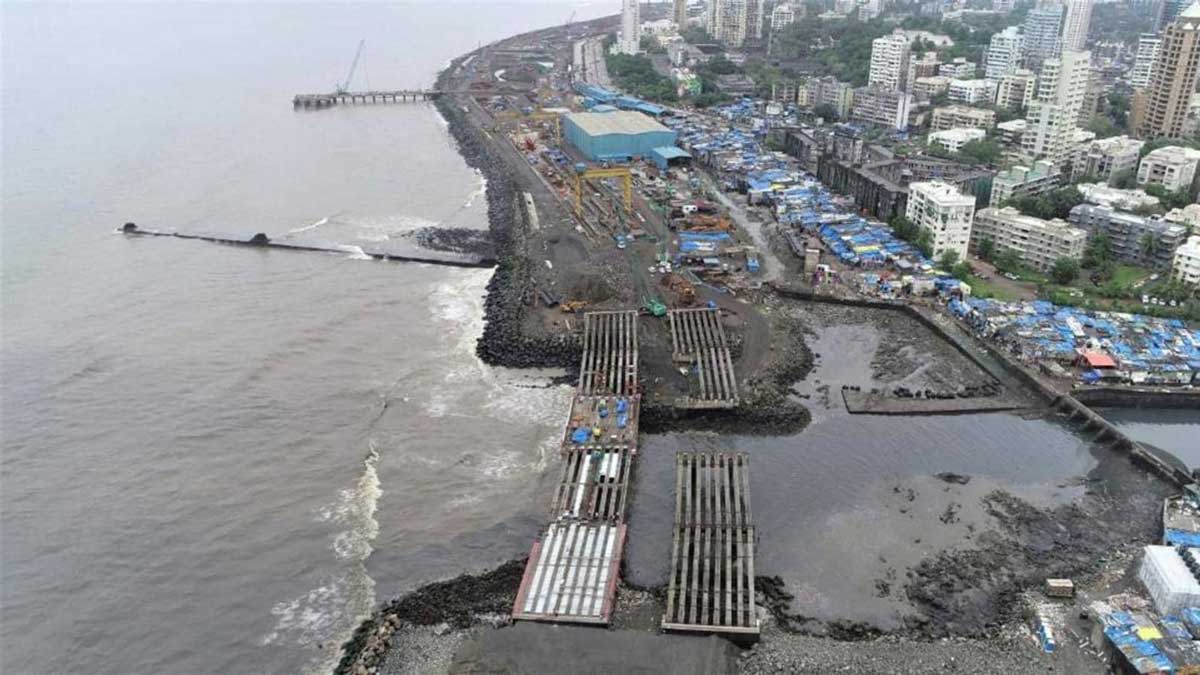

Darwinbox Raises $140 Mn Investment
Darwinbox, a leading global human resource (HR) technology platform, announced the signing of definitive agreements under which Partners Group, one of the largest firms in the global private markets industry (acting on behalf of its clients), and funds managed by KKR, a leading global investment firm, will co-lead an investment of $140 million in the company, with additional participation from Gravity Holdings. The addition of Partners Group and KKR to an already-solid cap-table underscores Darwinbox’s strong momentum over the recent years. The investment positions Darwinbox well to deepen i..
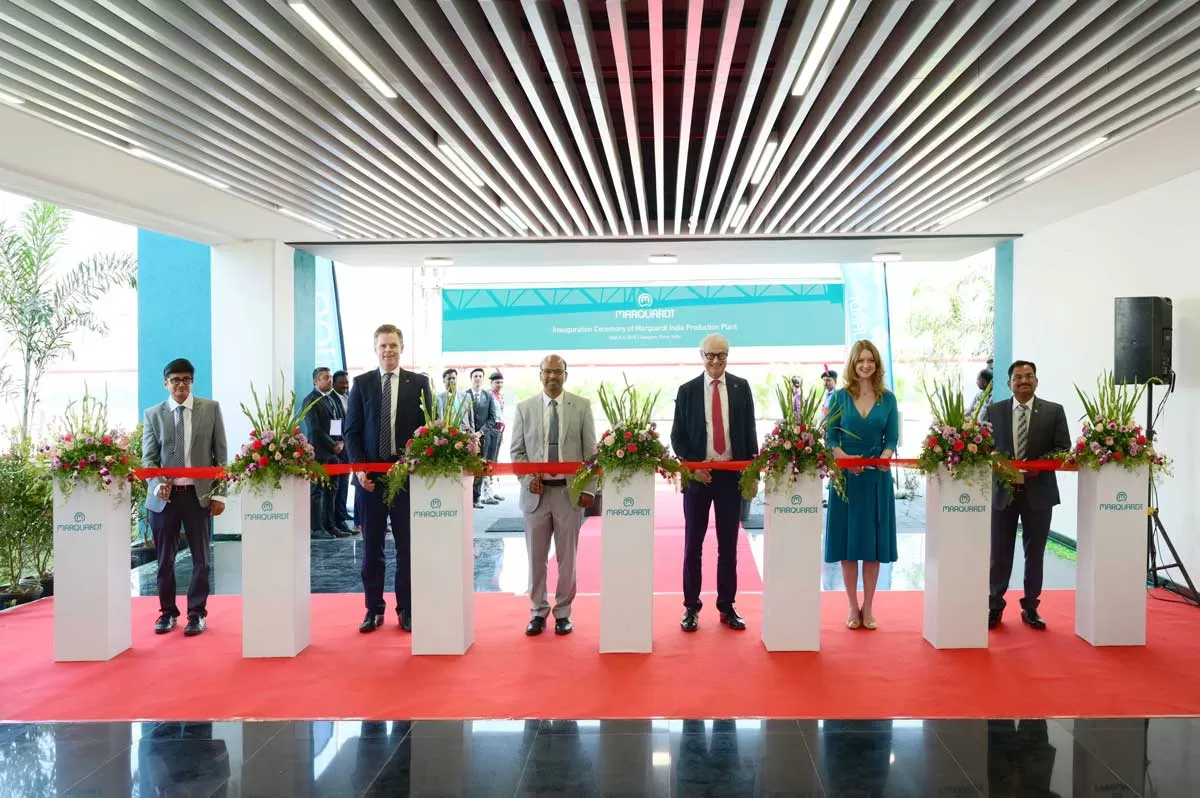
Marquardt Opens New production Plant in Talegaon
Mechatronics specialist Marquardt is expanding its presence in India and officially opened a new plant in Talegaon, near Pune. With this production facility, the family-owned company is replacing its previous production site in Mumbai, significantly expanding its capacities and strengthening its competitiveness in a dynamic market. The investment in the building, machinery and equipment amounts to more than 180 crore rupees. In future, Marquardt will primarily manufacture mechatronic system solutions for customers in the Indian automotive industry at the ultra-modern plant. Björn Twiehaus, C..
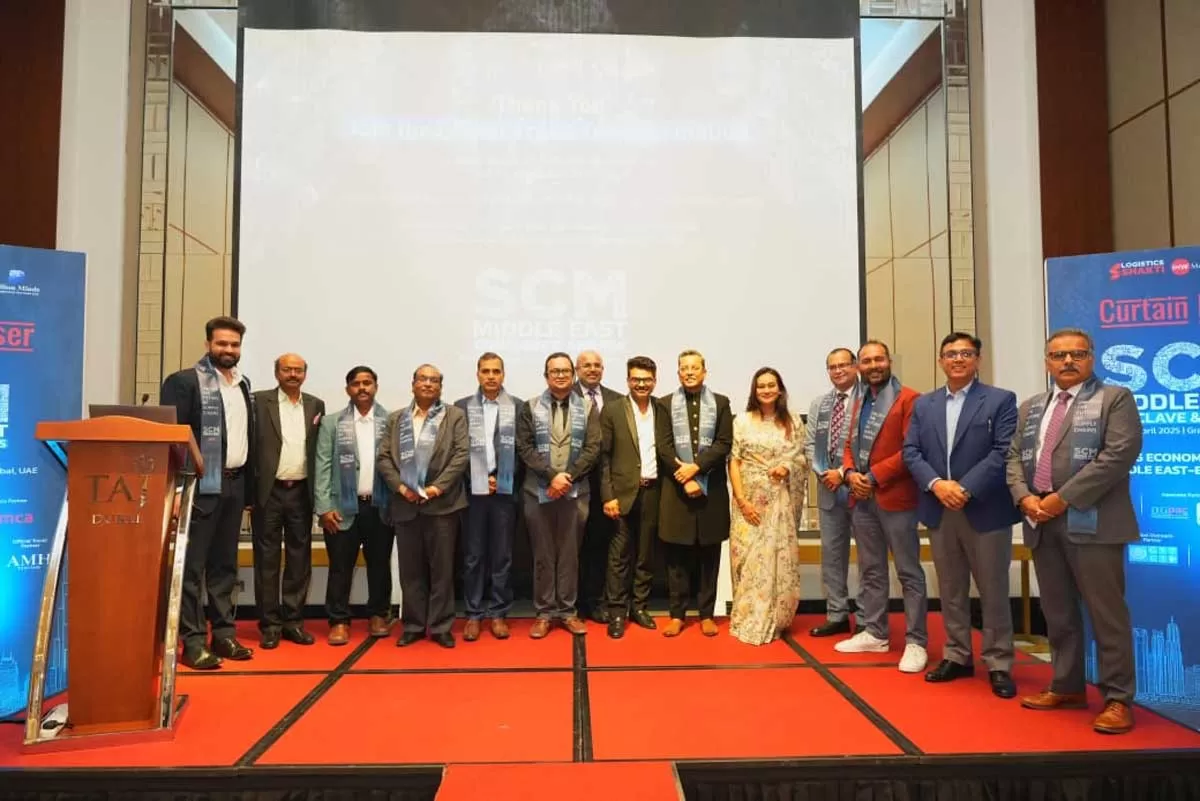
Logistics Shakti to Host SCM Middle East Conclave in Dubai
The global supply chain and logistics industry is set to witness a transformative event as Logistics Shakti, an Indian think tank focussing on transforming global logistics and supply chain, announces the curtain raiser for the SCM MIDDLE EAST Awards 2025. This exclusive event held in Taj Business Bay, Dubai over the weekend was attended by who’s who of logistics and SCM sector from UAE and larger GCC nations and provided a preview of the grand conclave and awards set to take place on April 23-24, 2025, at the Grand Hyatt, Dubai. The SCM MIDDLE EAST Awards 2025 will be a landmark gathering..







